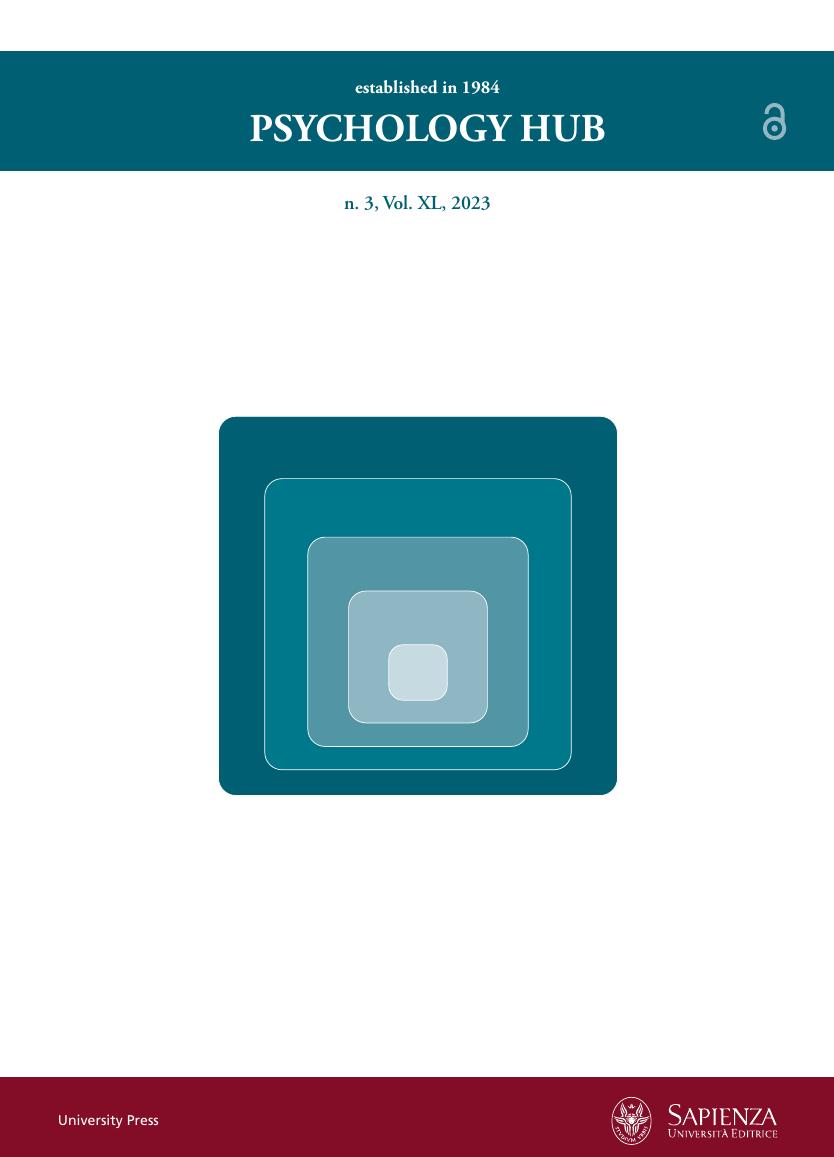Attitude and Myths Related to Stalking among Early and Middle Age Adults
DOI:
https://doi.org/10.13133/2724-2943/17960Keywords:
Stalking, Attitude, Myths, , Young and Middle Age AdultAbstract
Stalking is described as a persistent pattern of behaviour that consists of undesirable contact and persistent monitoring. For example, stalkers may wait outside the victim’s home or make uninvited appearances in the victim’s personal space. Whether people understand stalking as an everyday brief behaviour or a bizarre phenomenon that needs intervention on their part makes a big distinction in the lives of stalking victims. Since humans tend to behave as per their attitudes, it makes it practically more important to assess myths and attitudes of people related to stalking. Therefore, this study was conducted to assess and compare the attitude and myths related to
stalking between early and middle age adults. The study was conducted on 67 young adults (Female = 33; Male = 34) and 67 middle-aged adults (Female = 33; Male = 34) who reside in Delhi and National Capital Region (NCR). Mean age of the two groups was 24.56 for young adults (18-30 years) and 46.79 for middle adults (40-55 years). Sample was drawn using convenient sampling. A 19 items stalking-related
attitude questionnaire (SRAQ) was used to measure an individual’s attitudes toward stalking statements and a 21-items stalking myths scale (SMS) was used to measure the participants’ endorsement of myths related to stalking. Data were analysed using mean, standard deviation (SD), and t- test. Results showed that middle-aged adults endorse more stalking-related attitudes and myths than early-age adults. Significant gender difference was also found related to the endorsement of stalking-related attitudes and myths as male participants endorsed more stalking related attitude and myths than female participants. This finding provides evidence of the extent to which attitudes and myths related to stalking are present among different age groups of society in today’s times.
Additional Files
Published
How to Cite
Issue
Section
License
Copyright (c) 2023 Psychology Hub

This work is licensed under a Creative Commons Attribution-NonCommercial-ShareAlike 4.0 International License.





